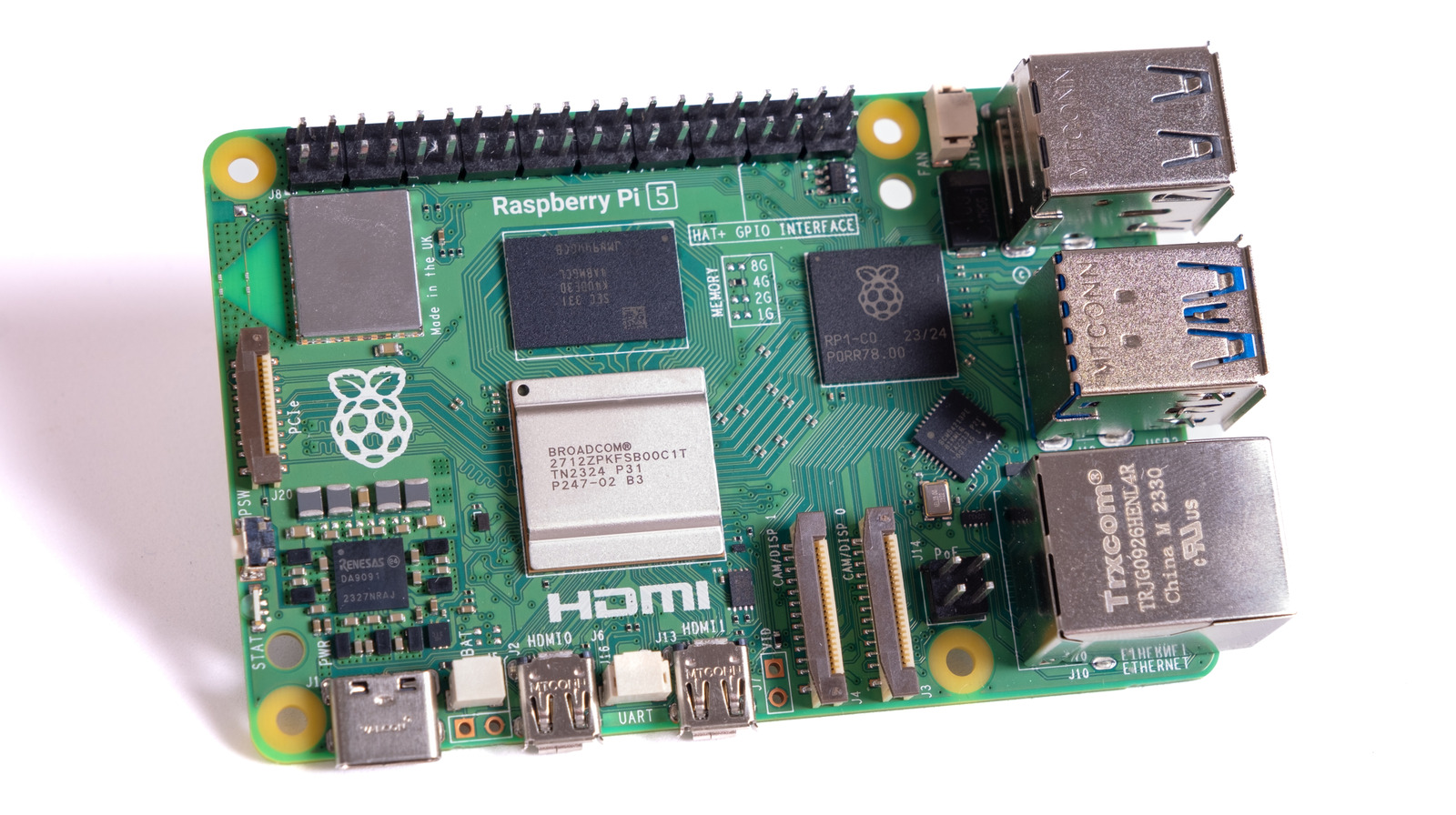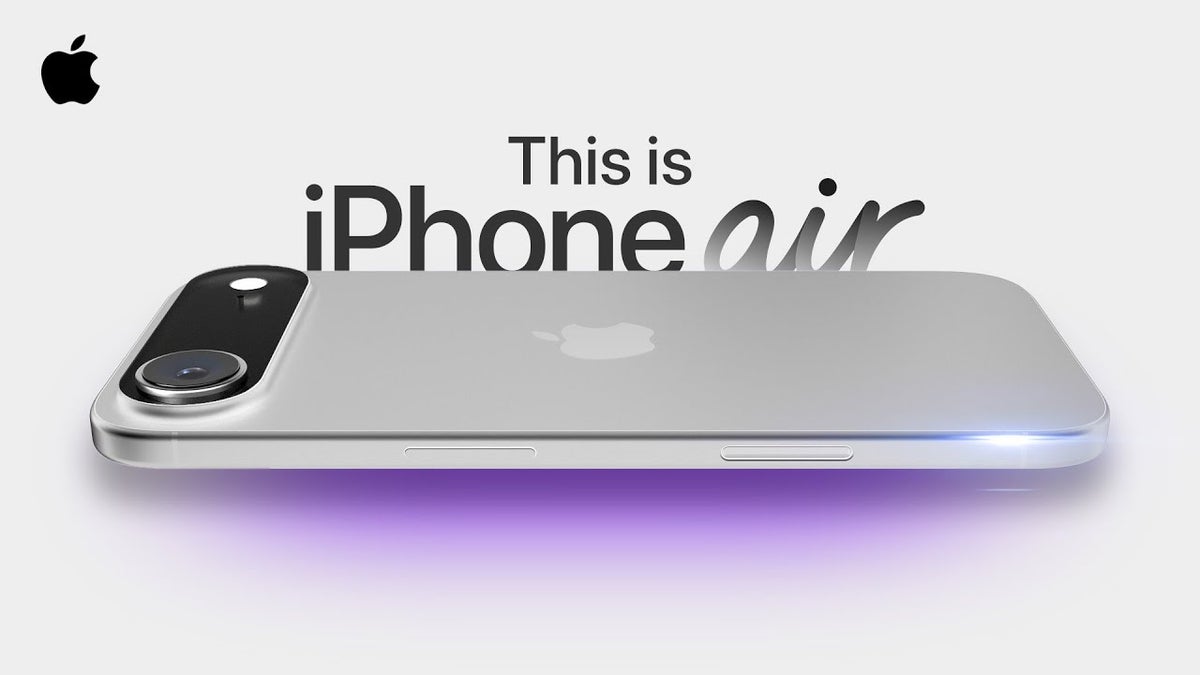WALMART stockholders voted against proposals that would overhaul how the company handles diversity, equity, and inclusion, stirring up fears of possible boycotts.
The retailer rolled back its DEI initiatives late last year, revealing that it would no longer use the acronym.
4

4
More than 30 shareholders called the policy changes “very disheartening” in a message to CEO Doug McMillon.
One shareholder, United for Respect, called on fellow shareholders to vote for a measure that would support racial and equity inclusion.
However, Walmart’s corporate secretary, Rachel Brand, encouraged shareholders to vote against the measure.
“We do not make employment decisions on the basis of race or gender,” she said.
Shoppers have voiced their frustrations on the change, sparking much debate on both sides of the political spectrum, reported CNN.
“Strong opinions continue to be publicly expressed both for and against diversity, equity and inclusion and ESG initiatives,” Walmart said in its annual report back in March.
The company added that corporate positions are “subject to heightened scrutiny from consumers, investors, advocacy groups and public figures, potentially leading to consumer boycotts, negative publicity campaigns, litigation and reputational harm.”
Taneka Hightower, who has worked at Walmart for nearly seven years, called the rollback a gut punch in an op-ed on Common Dreams.
“When Walmart announced it was joining the wave of corporations that are rolling back their Diversity, Equity and Inclusion policies, it felt like a punch to the gut, and makes me question if I still belong here,” she wrote.
Hightower argues that DEI policies promote fair treatment for workers and puts an end to racial and gender discrimination in the workplace.
“These are policies created to ensure everyone has a fair shot, and that every worker is treated with respect and dignity.”
SHOPPERS BOYCOTT
As a result, many shoppers have boycotted Walmart and other major retailers like Target.
Customers lashed out at Walmart’s skyrocketing costs following a week-long boycott in April.
When asked for comment, Walmart issued the same statement they gave out before.
“As one of the largest corporate taxpayers in the country, not only do we pay our fair share, we are an economic force multiplier strengthening communities nationwide through job creation, supplier growth, and over $1.7 billion in cash and in-kind donations last year,” a Walmart spokesperson told USA Today.
“We remain dedicated to earning the business of all Americans and giving our time and resources to causes that uplift and unite communities who rely on us every day.”
Protestors said they’ll avoid shopping at Walmart stores, including online shopping, and stop using Sam’s Club and other Walmart-affiliated brands.
John Schwarz, head of The People’s Union, urged shoppers on Instagram to join the boycott, accusing Walmart of “raising prices yet again after raking in record profits, dodging taxes, and fueling corporate greed.”
Which companies have dumped DEI policies after Donald Trump’s executive order?
Major brands have either ditched or are re-examining their DEI initiatives after Donald Trump cracked down at the federal level.
- Walmart
- McDonald’s
- John Deere
- Target
- Meta Platforms
- Ford
- Brown-Forman – the parent company of Jack Daniels
- Tractor Supply
- PBS
Goldman Sachs has retreated from DEI, by dropping a requirement that forced some clients to include women and members of minority groups on their board of directors.
Google has rescinded a goal in 2020 to increase representation of underrepresented groups among the company’s leadership team by 30% within five years.
Amazon said it was halting some of its DEI programs, although it did not specify which ones.
Lowe’s said the company was “reviewing” its DEI programs.
Harley-Davidson said it does not have hiring quotas and would no longer have supplier diversity spending goals
Meanwhile, Target said it has been caught between “varied, and at times conflicting” expectations from customers, shareholders and staff.
“We have previously been unable to meet some of those conflicting expectations, which has led to negative publicity and adversely affected our reputation,” the company said.
The controversy happened after Target pulled some LGBTQ-themed merchandise last June during Pride Month, citing threats to employees.
That decision sparked criticism from both conservatives, who launched a boycott, and LGBTQ advocates, who felt abandoned.
Target said some shoppers were also upset this year after it quietly ended parts of its DEI initiatives.
On January 24, Target responded by announcing plans to roll back on its DEI initiatives, including ending its program focused on aiding Black employees build their careers, boosting the experience of Black customers, and promoting Black-owned businesses in the wake of George Floyd’s death in 2020.
Sales slumped in the most recent quarter, and the company pointed to consumer pushback over its handling of social issues.
The U.S. Sun has reached out to Walmart and Target for comment.

4

4







